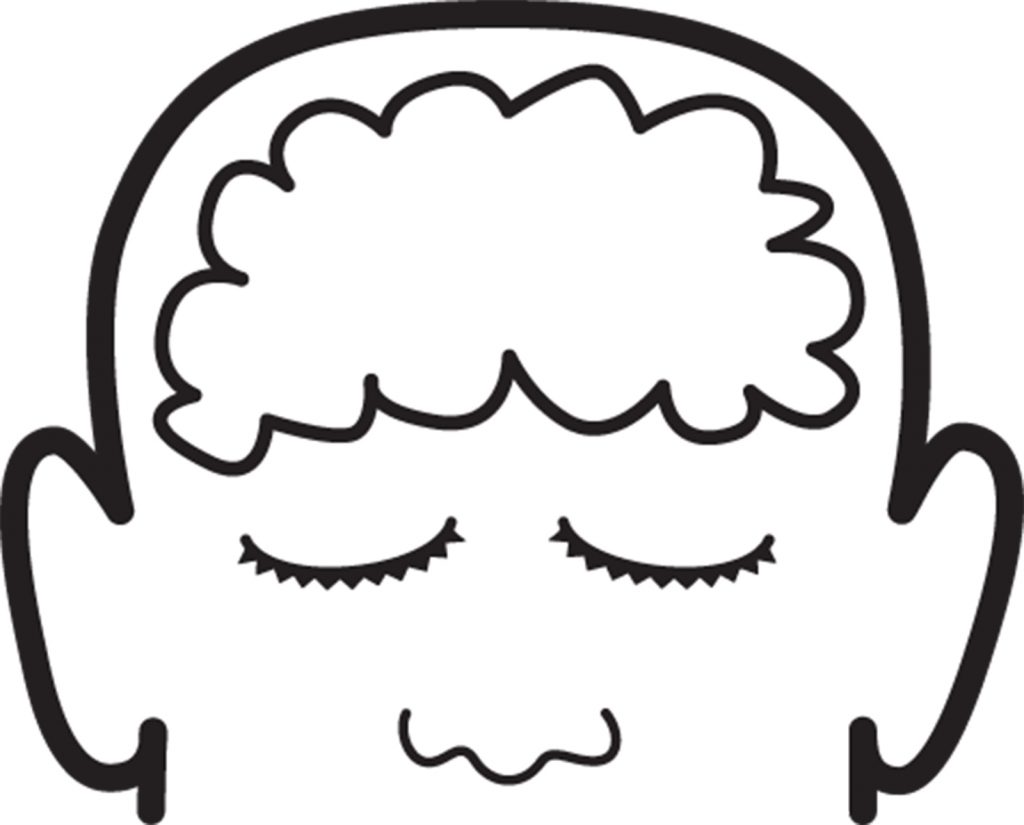Research Overview
Humans are remarkably adaptable—we can instinctively change a planned course of action if an unexpected event occurs (slamming on the breaks when a car swerves ahead), rapidly learn new skills (children developing language), and deftly compensate for loss of function (recovering after a stroke). Critically, this flexibility in behavior and control, while variable in its effectiveness, is present throughout the lifespan. The goal of our research program is to understand how distinct brain networks interact and reconfigure when confronted with changing contexts, and how this neural flexibility contributes to flexibility in control and the ability to learn. Moreover, we seek to understand the consequences of dysfunction in this flexibility.
The Cohen Lab utilizes functional neuroimaging to characterize network integration and neural flexibility in a range of contexts, such as changing cognitive demands, transformations across typical development, and disruptions in healthy functioning due to disease. We apply cutting edge multivariate methods from neuroscience, psychology, and mathematics, such as functional and resting state connectivity, graph theory, machine learning, and computational modeling. These methods enable the quantification of rapid, dynamic changes across the entire brain simultaneously, as well as the ability to specify the roles of individual regions or functional connections. We apply these powerful methodological tools to multiple populations, such as healthy young adults, typically developing children, and patients. With this research strategy, we have elucidated important aspects of human cognition, development, and disease, such as how people can maintain focus while ignoring irrelevant events, why adolescents are particularly predisposed to risk-seeking, and what mechanisms of dysfunction underlie impulsive behavior in disorders such as ADHD. The ultimate goal of The Cohen Lab is to uncover the neural mechanisms underlying both successful and dysfunctional behavioral flexibility, learning, and control.
Please see our specific study pages if you’re interested in learning more about one of the specific studies we are currently running:
Decision Making and Motor Control
Chemotherapy and Cognition Study


